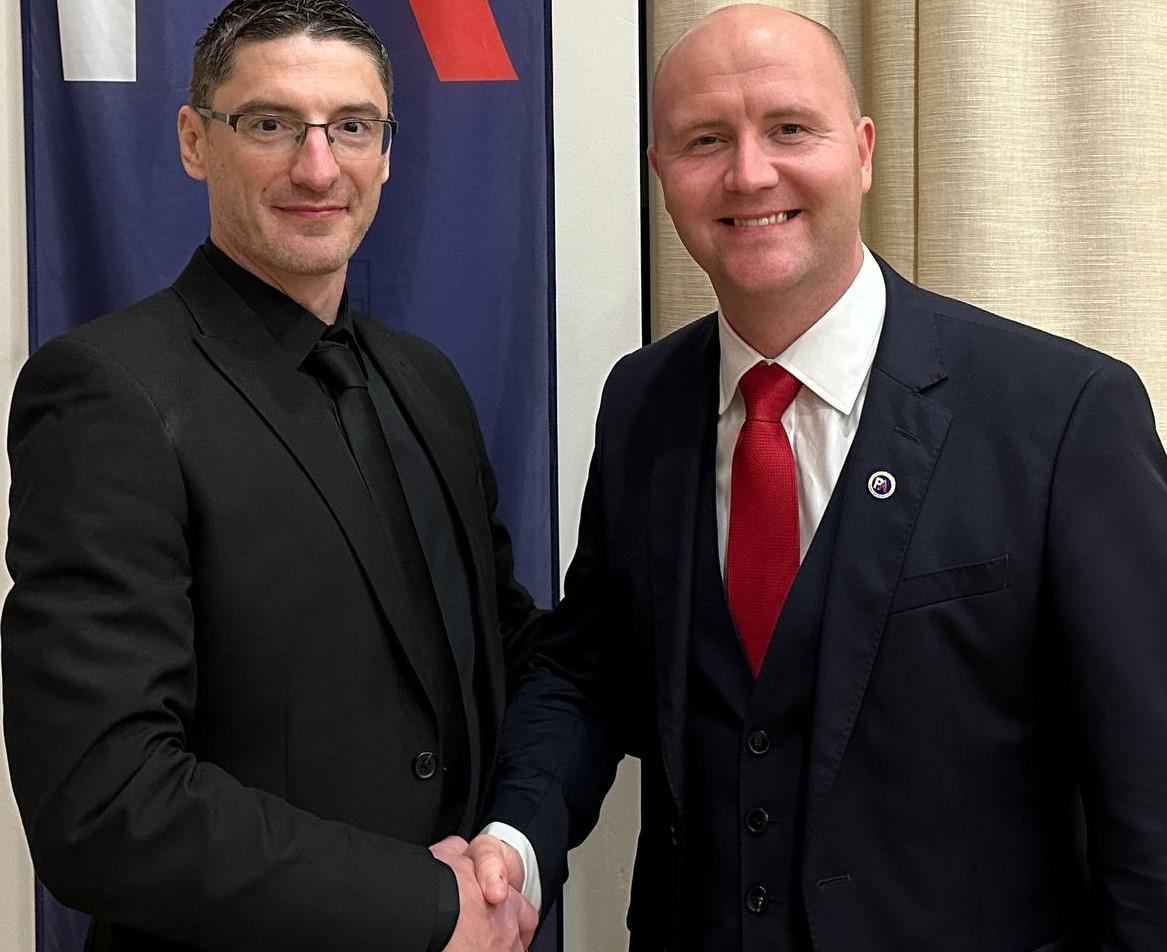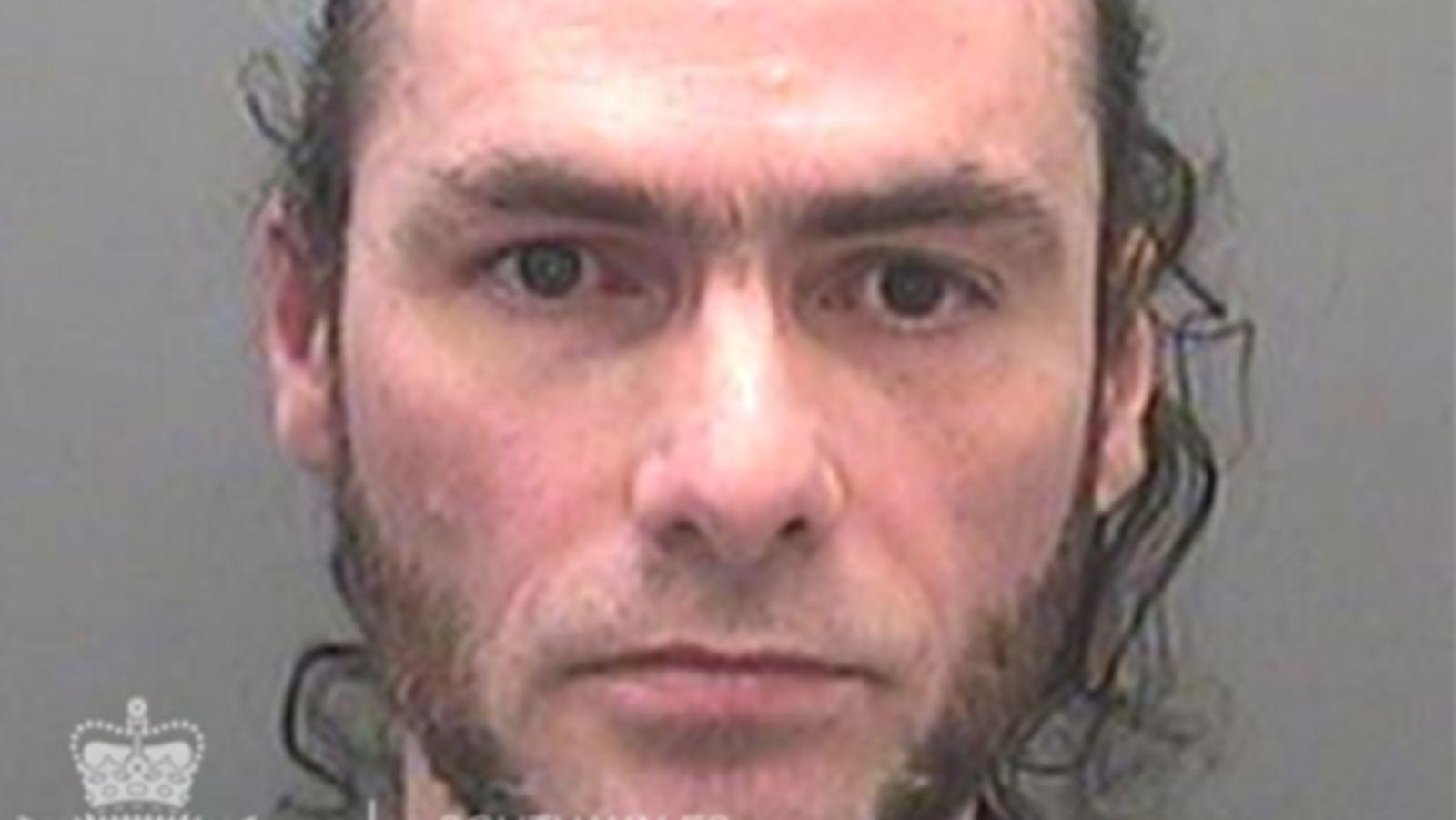
Global ambitions AfD co-leader Alice Weidel Pic credit: Alice Weidel/Facebook
At the beginning of September, municipal elections were held in Nordhausen, in the state of Thuringia. This is not the first time that Searchlight has discussed this eastern German state – over the past few years it has become a hotbed for Alternative for Deutschland (AfD) activity.
In the first voting round, AfD mayoral candidate Jörg Prophet finished about 20% ahead of five other contenders. The turnout was 56.4%, according to dw.com, but Prophet then faced a run-off against the independent incumbent, Kai Buchmann.
Despite polling high in the first round, Prophet failed to gain the mayoral chair. However, in June the AfD was successful in getting its candidate, lawyer Robert Sesselmann, elected to a district administrator post in Thuringia for the first time.
This political climate can be viewed against a backdrop of attacks on memorials throughout Germany. In August, there was an alleged anti-Semitic attack on a mini-library that formed part of a memorial in Berlin. Another attack was reported to have occurred at the Ohlsdorf Peace Festival. There was also a suspected arson attempt on a monument in Berlin’s Tiergarten Park. This is where members of the LGBTQIA+ are specifically commemorated for their persecution during the Nazi regime. A suspect has been apprehended and, according to reports, is known to authorities for committing other hatred category crimes.
Looking at the broader picture, however, it is not entirely clear why there is an increase in intolerance that can tip into violent acts. In historian and researcher Karsten Uhl’s view, as reported by dw.com, right-wing extremists have become emboldened by the political space now occupied by the AfD in mainstream politics, which can extend to carrying out acts of violence. Uhl states that, as the party’s popularity grows – with some polls putting the AfD on a 20% share of the vote – this has the potential to make it the strongest party in some eastern German states.
Strange bedfellows
AfD officials have been on their travels – this time to China, with suggestions the visit was in response to an official invitation. AfD co-leader Alice Weidel, along with fellow AfD Bundestag members Peter Felser and Petr Bystron, spent one week in Beijing and Shanghai this summer. This has strengthened the AfD’s oppositional stance to the German government’s current critical policies towards China. It shows that the AfD is trying to position itself as critical of the USA geopolitically. At the same time, the AfD glosses over any criticism of human rights issues in China.
European Parliament
The AfD’s choice of candidate for the 2024 European Parliament elections is Maximilian Krah, an AfD member of the European Parliament. He is aligned with the right wing of the party and seeks to strengthen relations with China.
It is interesting to note that, in the past, the AfD criticised China, opposing the use of Huawei communications technology and the introduction of 5G across Germany. Michael Kaufmann, AfD spokesperson on research policy, also spoke out against espionage by the Chinese at German universities.
Unsafe for teachers
Teachers across the east of Germany are facing threats from the far right. They have been confronted by students giving the Hitler salute, and targeted with graffiti and discriminatory comments. This has been enough for some teachers to quit and find work elsewhere, reports dw.com. The increase in this far-right activity has occurred in Burg, where the AfD’s popularity is growing.
The rise in AfD popularity appears to have given the German far right carte blanche to target people with hostile and violent actions. This is a concerning time for German society.
This article was first published in the Autumn 2023 issue of Searchlight magazine












